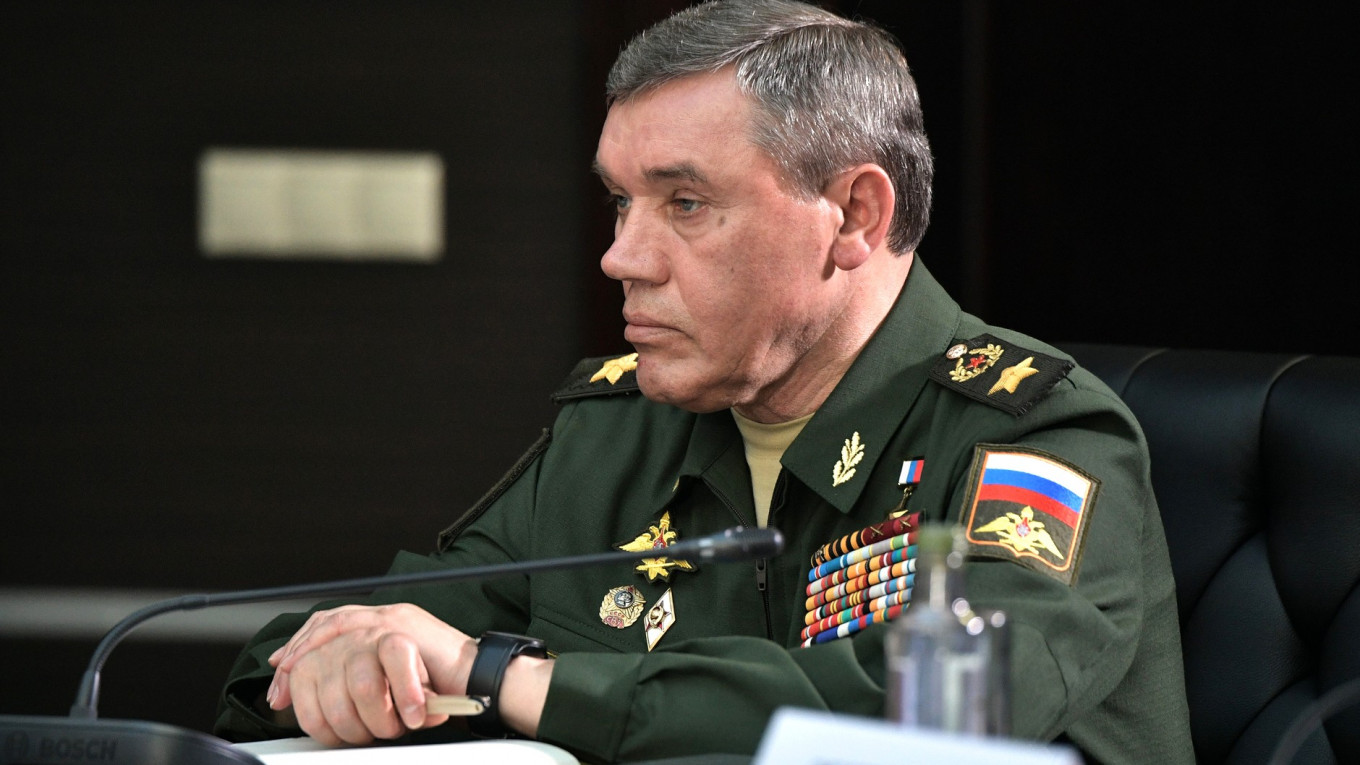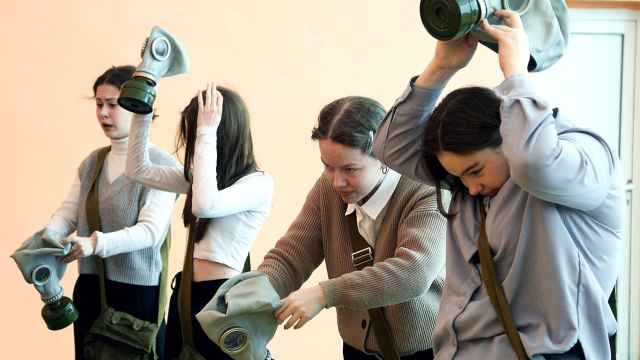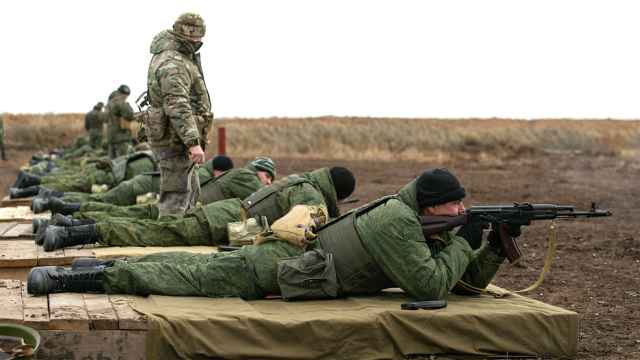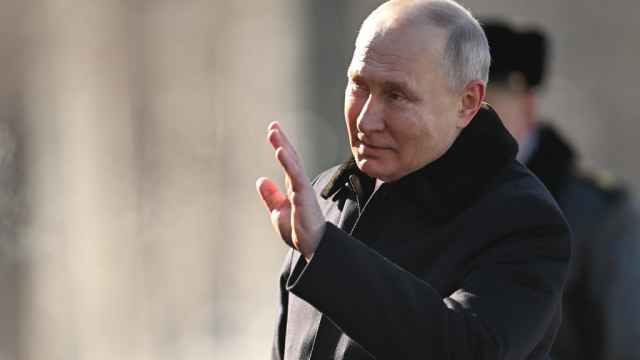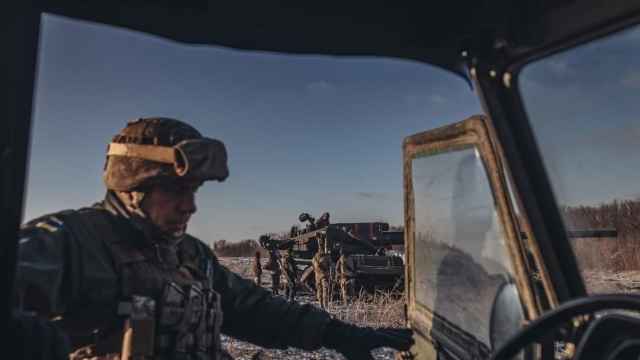During an early-March meeting at the Academy of Military Sciences Russia’s Chief of the General Staff of the Armed Forces Valery Gerasimov presented a report on the official view of the development of military strategy and science.
The published version — despite being adapted for the general public — is still crucial to understanding the views of an outstanding military leader and his team on armed conflict in the present and future.
The report is not “The Gerasimov Doctrine 2.0” because an original “Gerasimov Doctrine” never existed. It’s a review of global trends with a few examples from the Russian armed forces.
In terms of strategy, the collapse of agreements on arms control has led to an unpleasant but understandable stance: “We will respond to a threat with a threat.”
In February, Russian President Vladimir Putin talked of responding in kind if American short-range or medium-range missiles are deployed along the Russian border by stationing submarines armed with hypersonic missiles in neutral international waters.
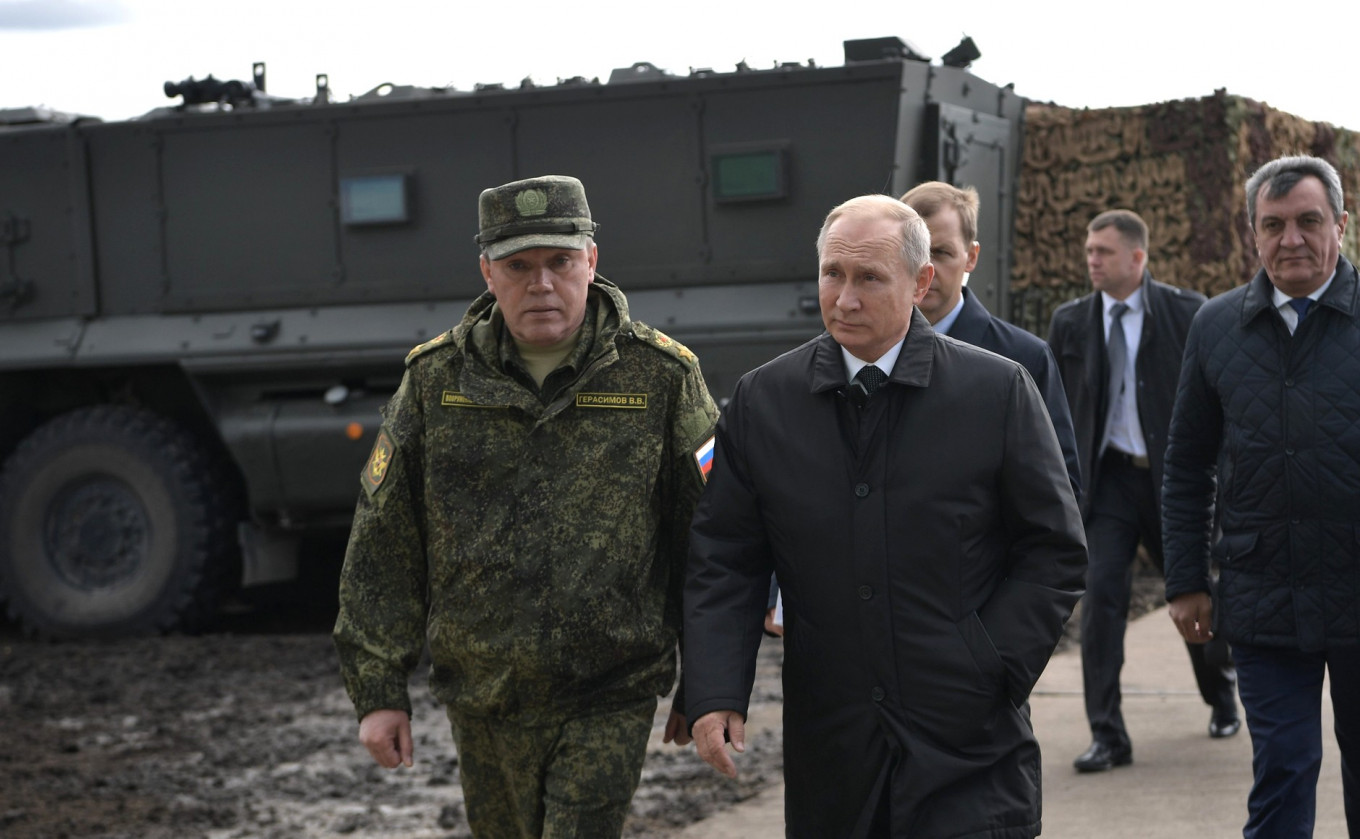
Because this threat’s feasibility is unclear, traditional means of ensuring strategic stability — first and foremost intercontinental ballistic missiles, including those with aeroballistic hypersonic combat payload — will continue to be developed.
The “Limited Actions Strategy,” in particular, sounded somewhat fresh and was perhaps the first theoretical justification for operations in remote military theaters such as Syria.
Gerasimov said that the foundation for implementing this strategy was the “creation of a self-sufficient grouping of troops based on force elements of one of the branches of the Russian Armed Forces possessing high mobility and the capability to make the greatest contribution to executing assigned missions. In Syria, that role was set aside for elements of the Aerospace Forces.”
In addition to questions on ensuring military superiority with “small forces,” the report highlighted approaches to post-conflict regulation and humanitarian operations. Considering the turbulence of global affairs, it’s not out of the question that such limited, though highly effective actions for defending Russian interests, could be adopted in other regions.
Confrontation in the information sphere was deservedly given its own section in the report, which isn’t surprising considering the realities of the current global climate. Despite the obvious unpleasant consequences of the “militarization” of the information sphere — nobody likes having army personnel invading their “platform” — there might also be positive side effects to such a presence.
As a rule of thumb, military authorities and research centers have a better understanding of the consequences of using various systems and how they might affect a potential adversary. Throughout the whole report, Gerasimov highlighted the necessity of maintaining a balance both on the global stage and within military development in Russia.
First and foremost, this means preventing Russia from spiraling into another arms race.
He underscored the clear connection between the economy and military strategy, citing the military theorist A.A. Svechin, whose approach calls for moderation when making military decisions. This will allow for stable international military-political relations.
Gerasimov cited plans to develop a new military planning database for 2021-2025, upon which the whole system of Russian defense documentation will be based, as a fundamental change. It would be great if there are plans for public access to at least a fraction of these documents.
Gerasimov also indirectly mentioned American General David Goldfein’s approach to building the “Air Force of the future,” which Goldfein recently discussed at the Brookings Institute.
The Russian media somewhat distorted Goldfein’s plan for penetrating enemy lines and taking advantage of weak points, linking this possibility with a “fifth column.” More than anything, these kinds of claims cause paranoia and overreaction, risking damage to both Russian and American security.
The Russian military establishment’s foreign strategy is a topic for a different piece of analysis. But it is still worth noting that in terms of reactions to foreign threats, we see echoes of the Rorschach Test: Russian generals perceive American threats in the places that they themselves see as Russia’s weakest points, including the internal political situation.
A few days after the “strategic” report was released, General Gerasimov met with his American counterpart, General Dunford. Perhaps, face to face, they were able to clarify conceptual approaches to national defense in both Russia and the United States.
A Message from The Moscow Times:
Dear readers,
We are facing unprecedented challenges. Russia's Prosecutor General's Office has designated The Moscow Times as an "undesirable" organization, criminalizing our work and putting our staff at risk of prosecution. This follows our earlier unjust labeling as a "foreign agent."
These actions are direct attempts to silence independent journalism in Russia. The authorities claim our work "discredits the decisions of the Russian leadership." We see things differently: we strive to provide accurate, unbiased reporting on Russia.
We, the journalists of The Moscow Times, refuse to be silenced. But to continue our work, we need your help.
Your support, no matter how small, makes a world of difference. If you can, please support us monthly starting from just $2. It's quick to set up, and every contribution makes a significant impact.
By supporting The Moscow Times, you're defending open, independent journalism in the face of repression. Thank you for standing with us.
Remind me later.



